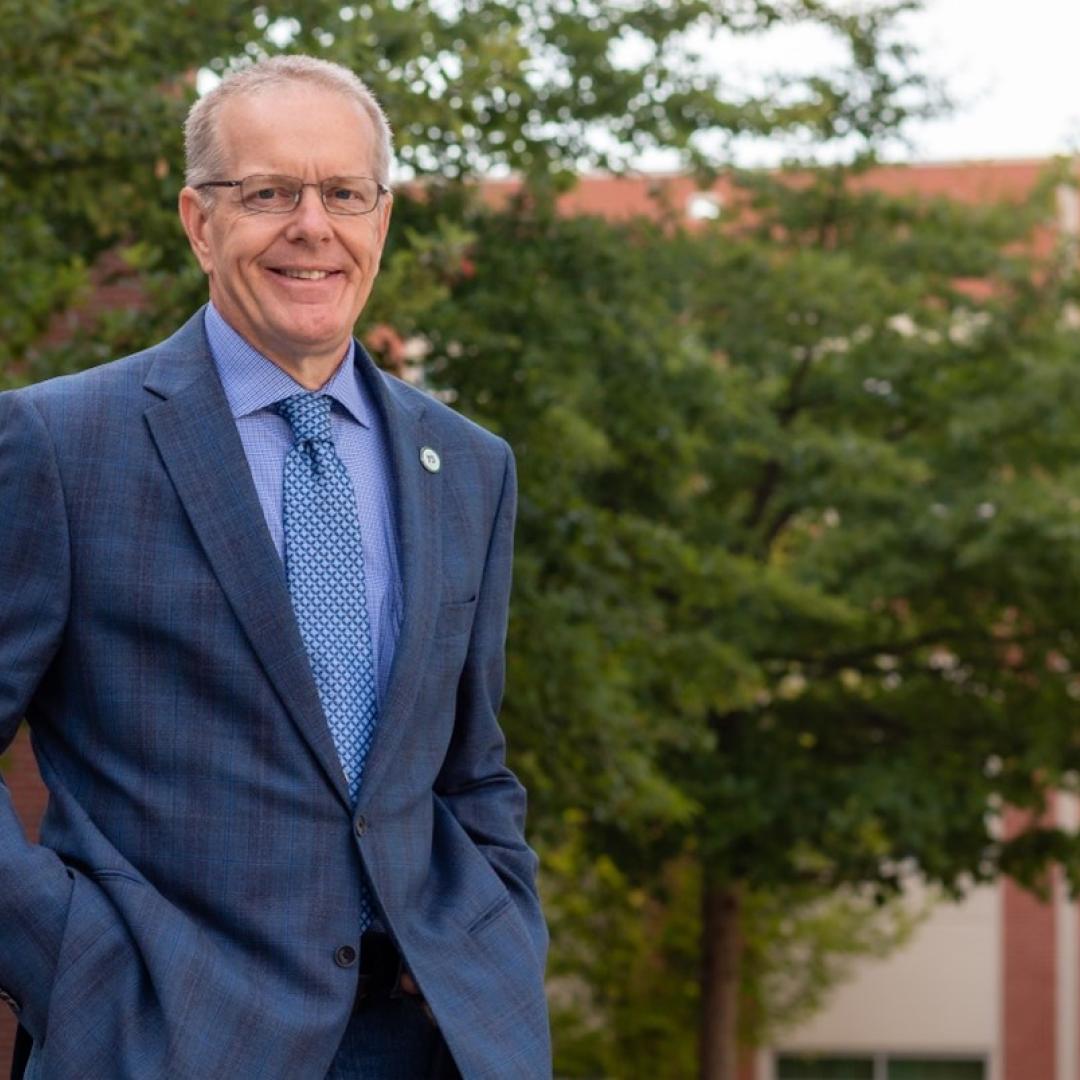
Filter News
Area of Research
- Advanced Manufacturing (1)
- Biology and Environment (44)
- Clean Energy (43)
- Climate and Environmental Systems (1)
- Computer Science (2)
- Electricity and Smart Grid (1)
- Functional Materials for Energy (1)
- Fusion and Fission (4)
- Fusion Energy (1)
- Isotopes (1)
- Materials (37)
- Materials for Computing (2)
- National Security (17)
- Neutron Science (14)
- Nuclear Science and Technology (7)
- Quantum information Science (1)
- Supercomputing (26)
News Type
News Topics
- (-) Advanced Reactors (14)
- (-) Big Data (18)
- (-) Clean Water (7)
- (-) Composites (12)
- (-) Cybersecurity (24)
- (-) Environment (82)
- (-) Exascale Computing (15)
- (-) Physics (40)
- 3-D Printing/Advanced Manufacturing (62)
- Artificial Intelligence (35)
- Bioenergy (42)
- Biology (44)
- Biomedical (26)
- Biotechnology (11)
- Buildings (25)
- Chemical Sciences (41)
- Climate Change (40)
- Computer Science (75)
- Coronavirus (23)
- Critical Materials (12)
- Decarbonization (38)
- Education (3)
- Element Discovery (1)
- Energy Storage (58)
- Fossil Energy (1)
- Frontier (19)
- Fusion (21)
- Grid (25)
- High-Performance Computing (40)
- Hydropower (2)
- Irradiation (1)
- Isotopes (31)
- ITER (3)
- Machine Learning (19)
- Materials (76)
- Materials Science (66)
- Mathematics (4)
- Mercury (6)
- Microelectronics (1)
- Microscopy (27)
- Molten Salt (2)
- Nanotechnology (34)
- National Security (35)
- Net Zero (6)
- Neutron Science (64)
- Nuclear Energy (48)
- Partnerships (28)
- Polymers (18)
- Quantum Computing (11)
- Quantum Science (30)
- Renewable Energy (1)
- Security (17)
- Simulation (15)
- Software (1)
- Space Exploration (3)
- Statistics (2)
- Summit (23)
- Sustainable Energy (50)
- Transformational Challenge Reactor (4)
- Transportation (44)
Media Contacts
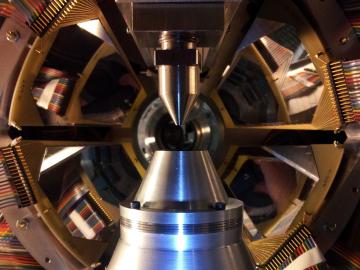
Led by Kelly Chipps of ORNL, scientists working in the lab have produced a signature nuclear reaction that occurs on the surface of a neutron star gobbling mass from a companion star. Their achievement improves understanding of stellar processes generating diverse nuclear isotopes.
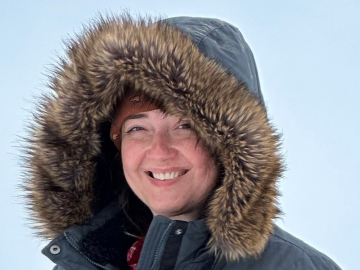
Colleen Iversen, ecosystem ecologist, group leader and distinguished staff scientist, has been named director of the Next-Generation Ecosystem Experiments Arctic, or NGEE Arctic, a multi-institutional project studying permafrost thaw and other climate-related processes in Alaska.
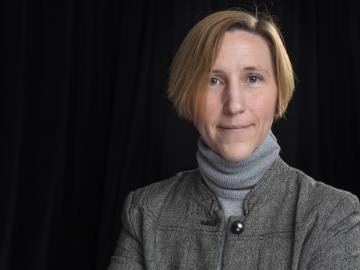
Kelly Chipps, a nuclear astrophysicist at ORNL, has been appointed to the Nuclear Science Advisory Committee, or NSAC. The committee provides official advice to DOE and the National Science Foundation, or NSF, about issues relating to the national program for basic nuclear science research.
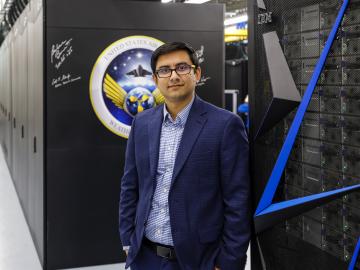
Climate change often comes down to how it affects water, whether it’s for drinking, electricity generation, or how flooding affects people and infrastructure. To better understand these impacts, ORNL water resources engineer Sudershan Gangrade is integrating knowledge ranging from large-scale climate projections to local meteorology and hydrology and using high-performance computing to create a holistic view of the future.
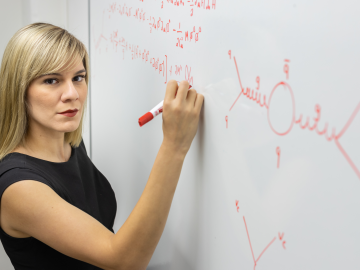
Andrea Delgado is looking for elementary particles that seem so abstract, there appears to be no obvious short-term benefit to her research.
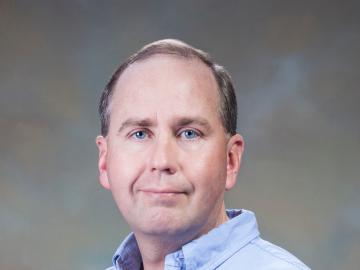
ORNL has named Michael Parks director of the Computer Science and Mathematics Division within ORNL’s Computing and Computational Sciences Directorate. His hiring became effective March 13.
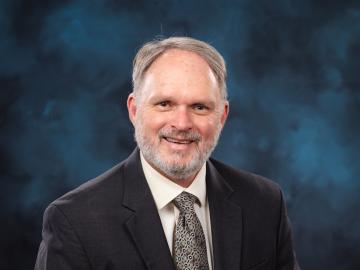
Mickey Wade has been named associate laboratory director for the Fusion and Fission Energy and Science Directorate at the Department of Energy’s Oak Ridge National Laboratory, effective April 1.
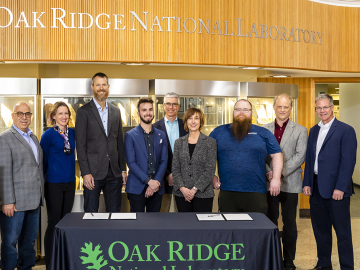
A technology developed at ORNL and used by the U.S. Naval Information Warfare Systems Command, or NAVWAR, to test the capabilities of commercial security tools has been licensed to cybersecurity firm Penguin Mustache to create its Evasive.ai platform. The company was founded by the technology’s creator, former ORNL scientist Jared M. Smith, and his business partner, entrepreneur Brandon Bruce.
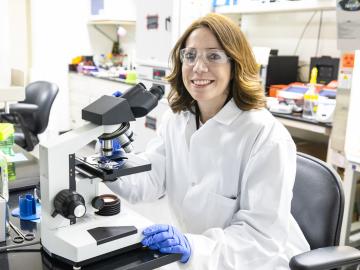
Joanna Tannous has found the perfect organism to study to satisfy her deeply curious nature, her skills in biochemistry and genetics, and a drive to create solutions for a better world. The organism is a poorly understood life form that greatly influences its environment and is unique enough to deserve its own biological kingdom: fungi.
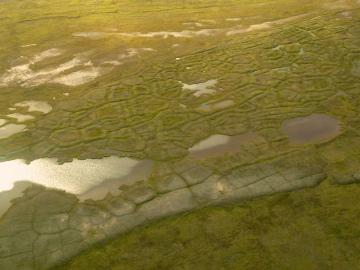
Oak Ridge National Laboratory scientists set out to address one of the biggest uncertainties about how carbon-rich permafrost will respond to gradual sinking of the land surface as temperatures rise.


